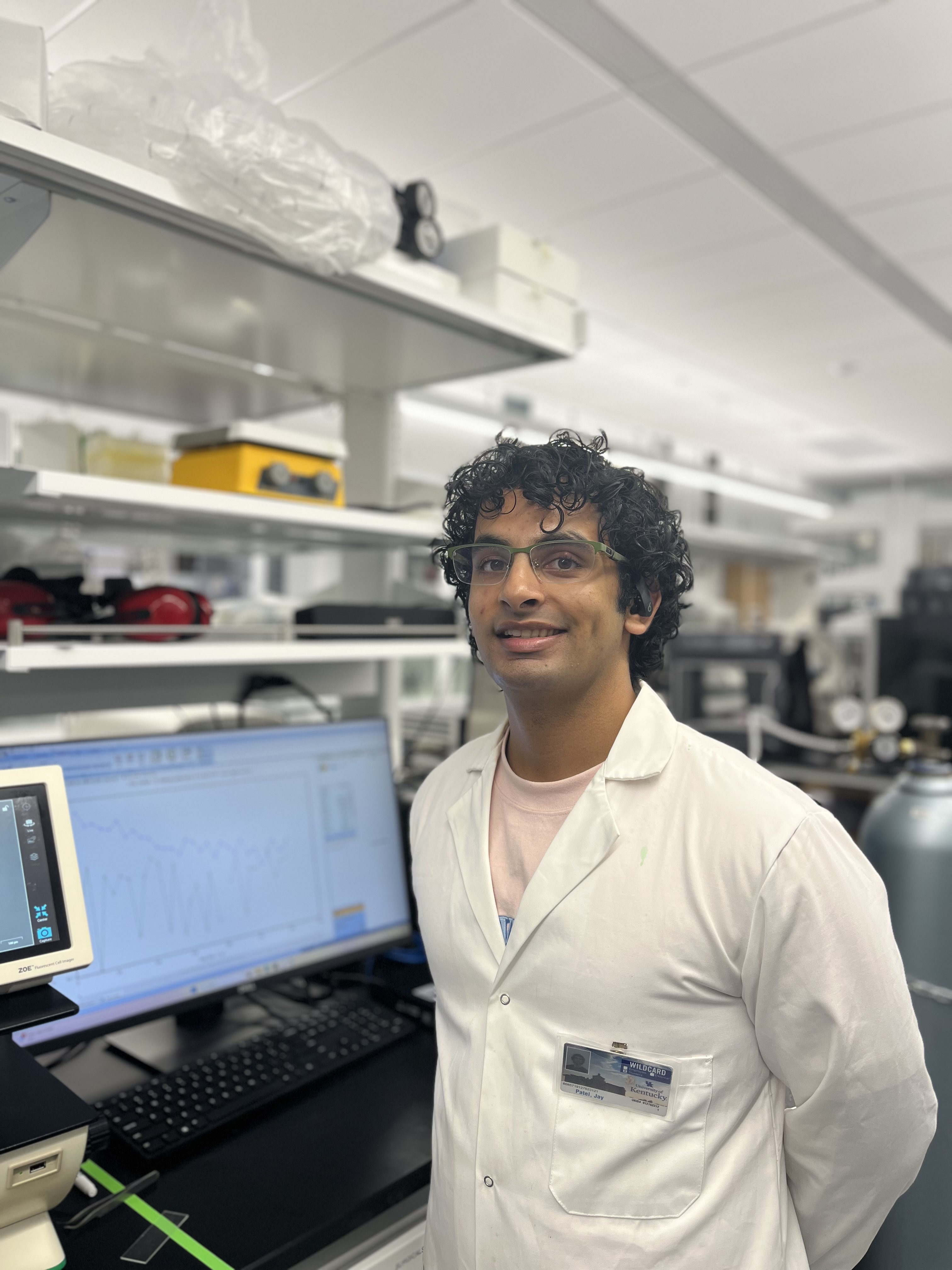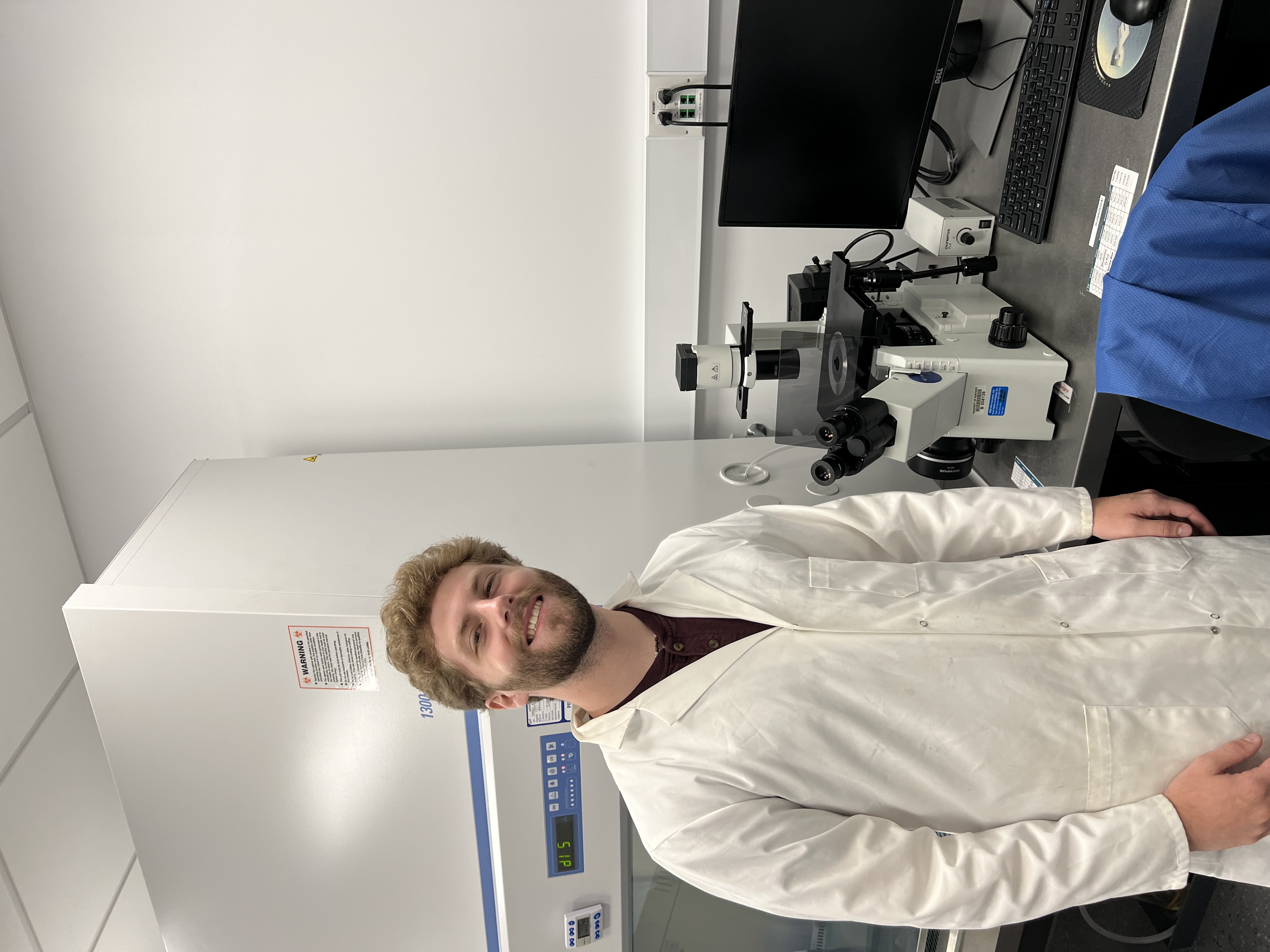Members
Primary Investigator
Dr. Su
.jpg)
Position
2024-now - Assistant Professor, Department of Biomedical Engineering, University of Kentucky
2019-2024 - Postdoctoral researcher, Orthopaedic Surgery, Stanford University
Education
Ph.D. degree in Biomedical Engineering, Peking University /Georgia Institute of Technology Joint PhD program,
2018 B.S. degree in Biology, Shandong University, 2012
Honors and Awards
2025 - Lafferty Faculty Fellowship in Biomedical Engineering, University of Kentucky
2024 - Outstanding Postdoc Award, Tissue Engineering International & Regenerative Medicine Society-America
2023 - Postdoctoral Recognition Award finalist, Society for Biomaterials
2022 - Stanford Bio-X Travel Award
2021 - Stanford Bio-X Star Mentor Award
2019 - Stanford Maternal and Child Health Research Institute (MCHRI) Postdoctoral Fellowship
Graduate students
Yunqian Zhang
My study focuses on using biomaterials to modulate immune responses for enhanced tissue regeneration. I am particularly interested in how engineered topographical modification of microgel scaffolds and metabolites can direct macrophage behavior to support bone regeneration.
Education
January 2025-Present: Biomedical Engineering, PhD Program, University of Kentucky, KY, USA.
August 2021-December 2024: Biological Sciences, MS in Science, Virginia Tech, VA, USA.
September 2017- June 2021: Central South University, P.R. China. B.S. in Biological Science.
Jay Patel

My work centers around characterizing the material aspect of the lab. Primarily I work on imaging the topological structure of our microgels through SEM imaging as well as characterizing our Gelatin Methacrylate formulation through rheological testing. Furthermore, in collaboration with Dr. Zhang, I work on testing 3D printed microfluidic devices in order to achieve different microgel structures like a core shell microgel structure.
Undergraduate students
Bodie Woodrum

The work I do in the lab is best associated with cells, specifically MSCs and their signaling, responses to different primed macrophage conditioned media (M1, M2), and general cellular processes. Through a combination of wet lab techniques and physiological applications, we condition our MSCs to produce the most effective therapeutic effect in relation to osteogenesis by tutoring their exposure to the respective conditioned mediums.